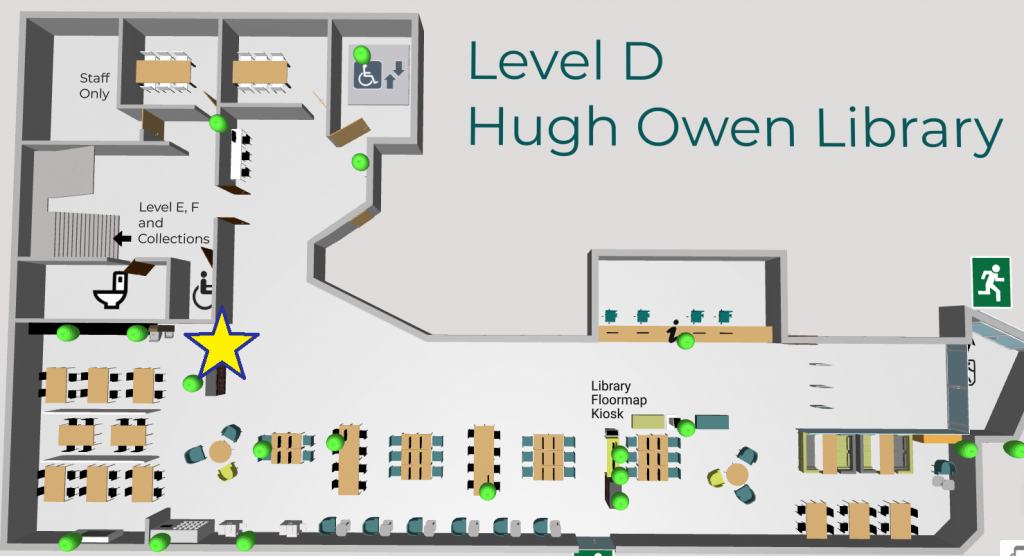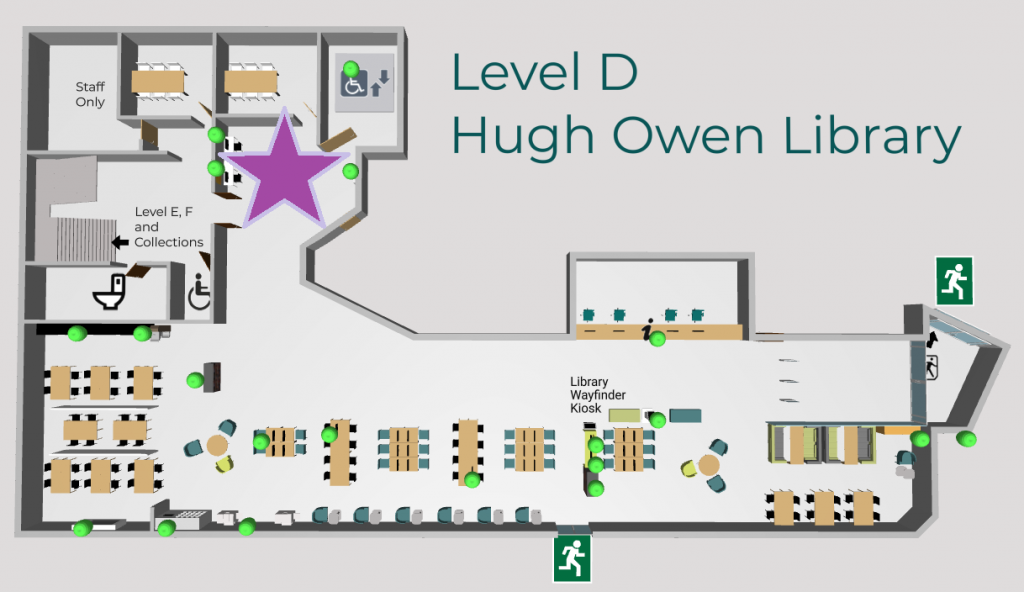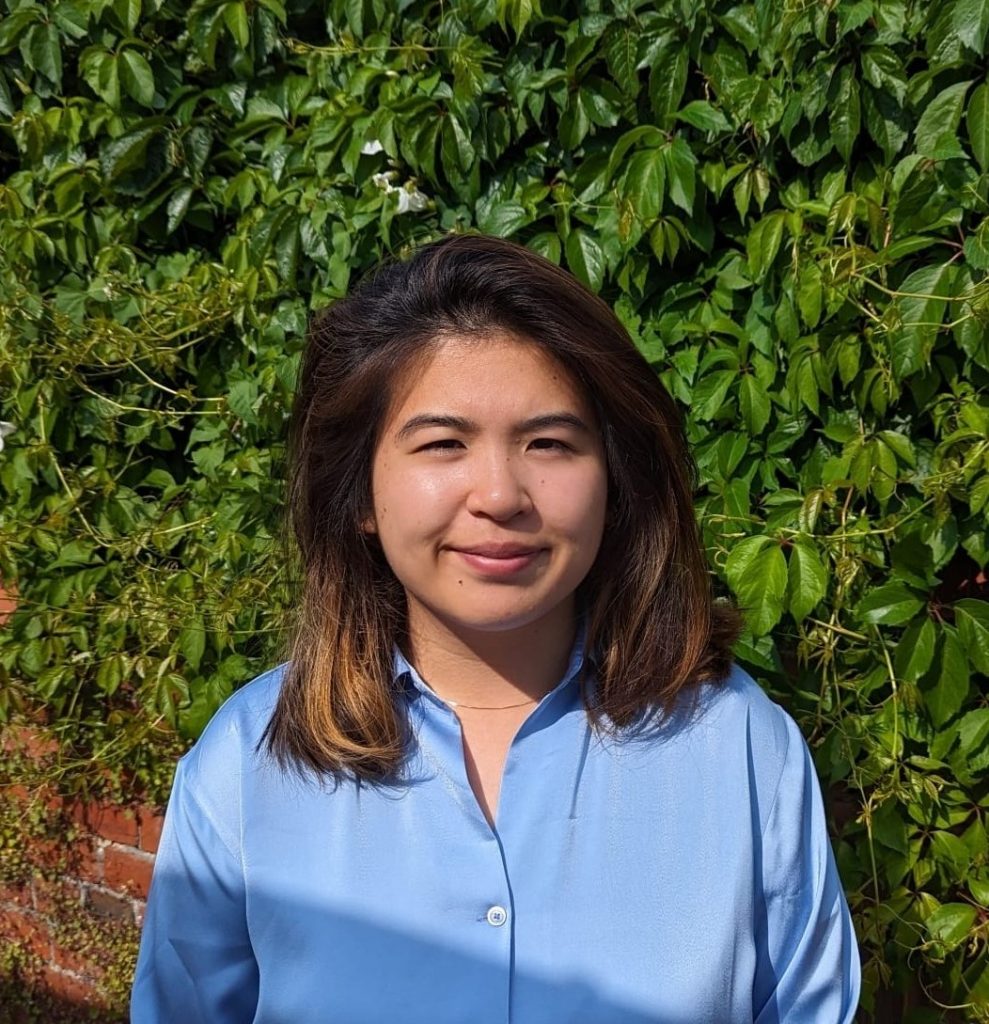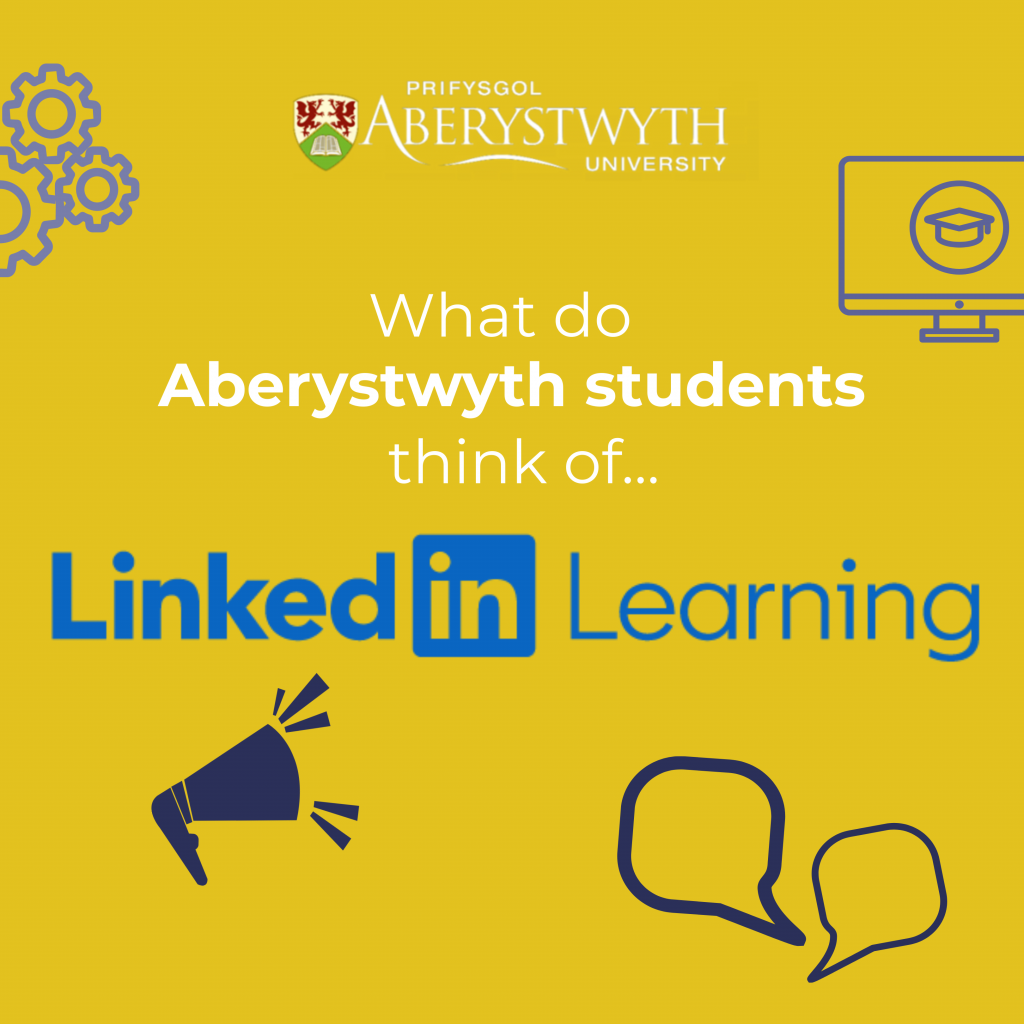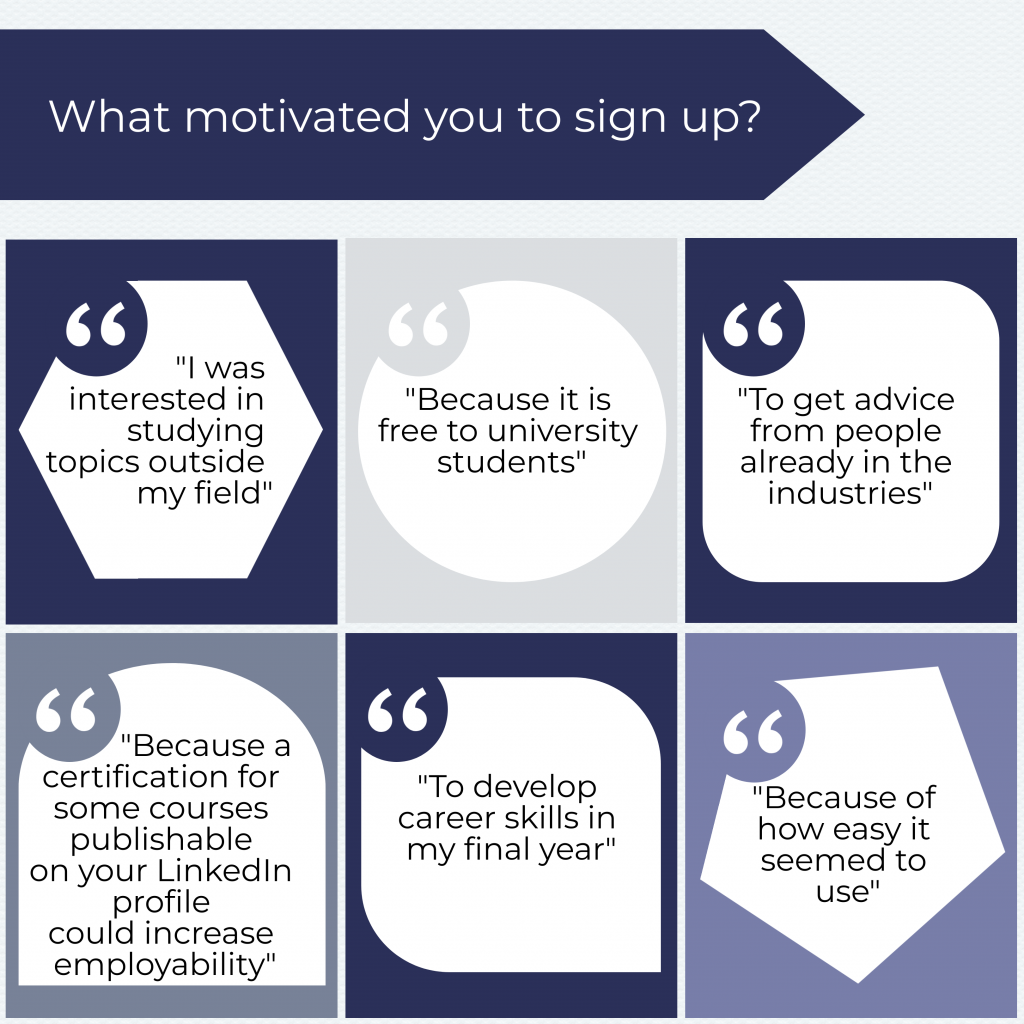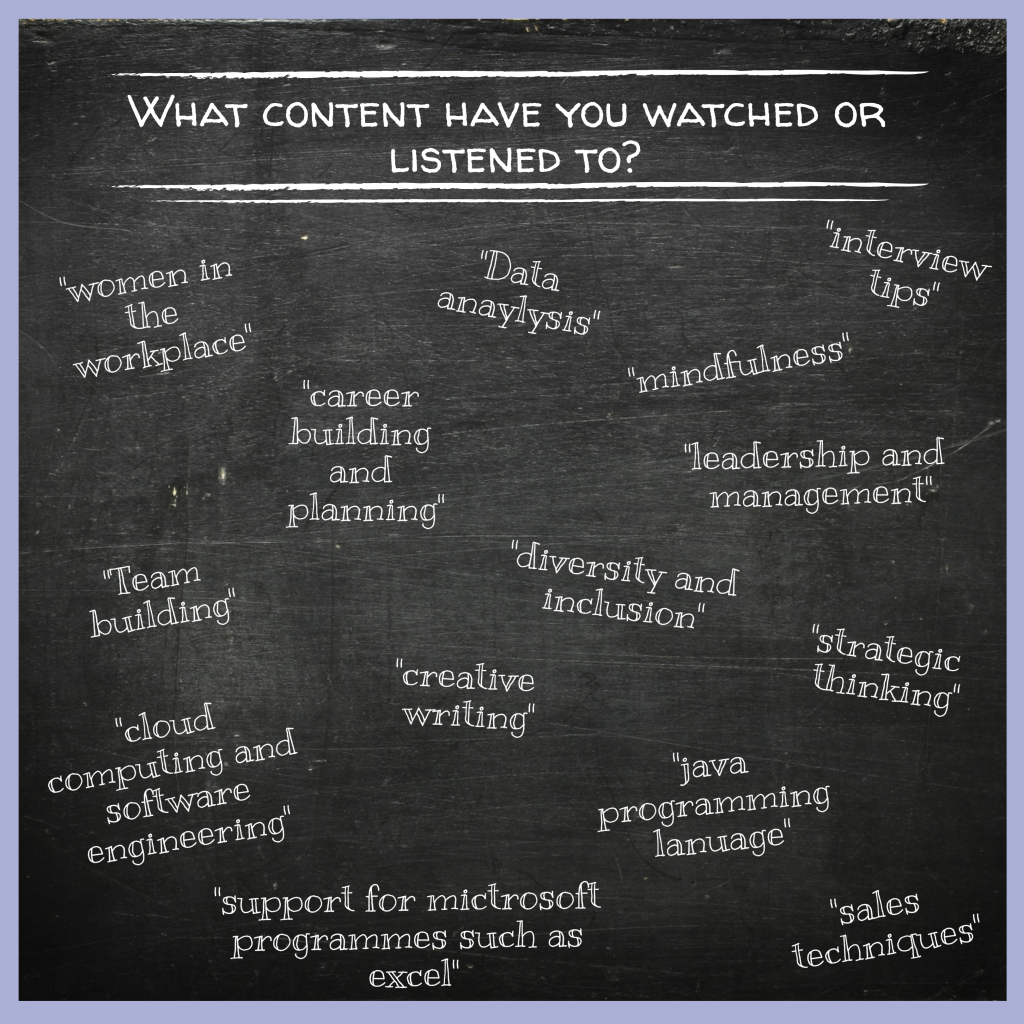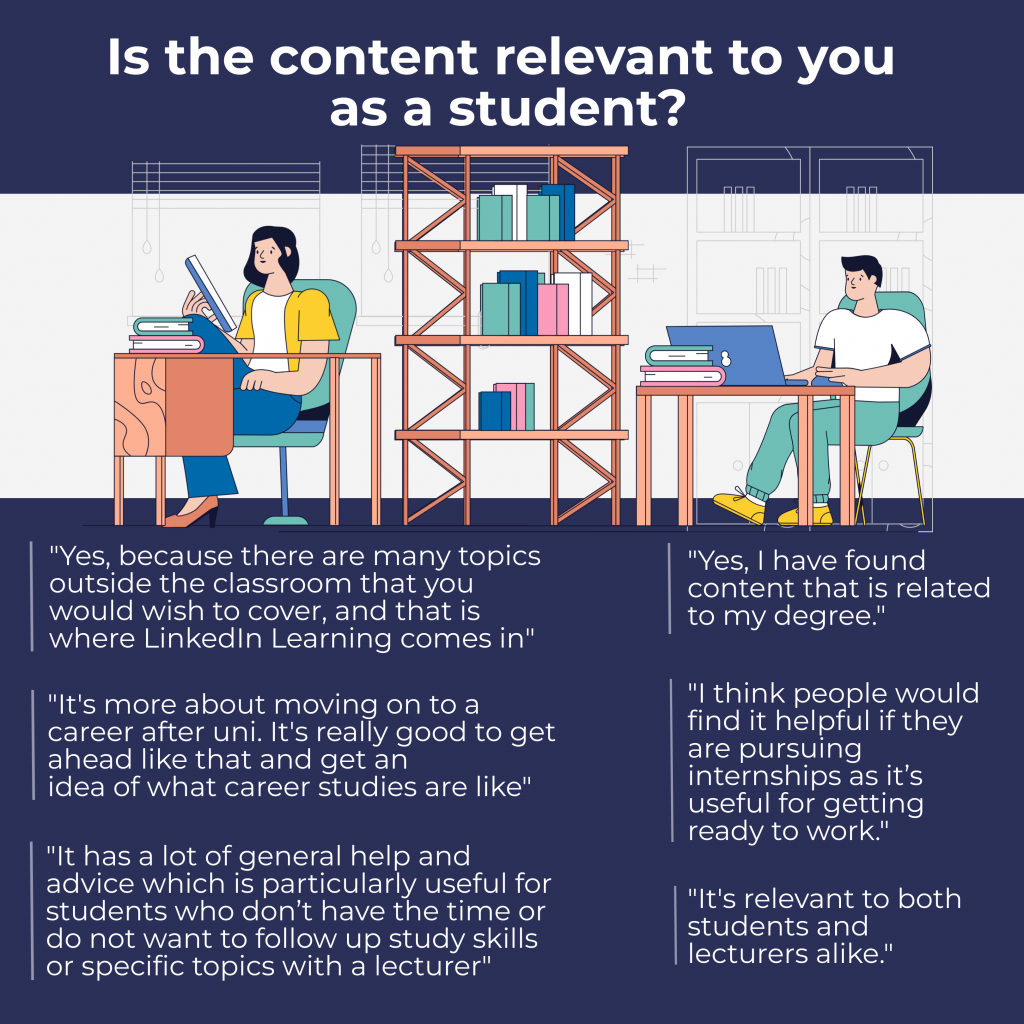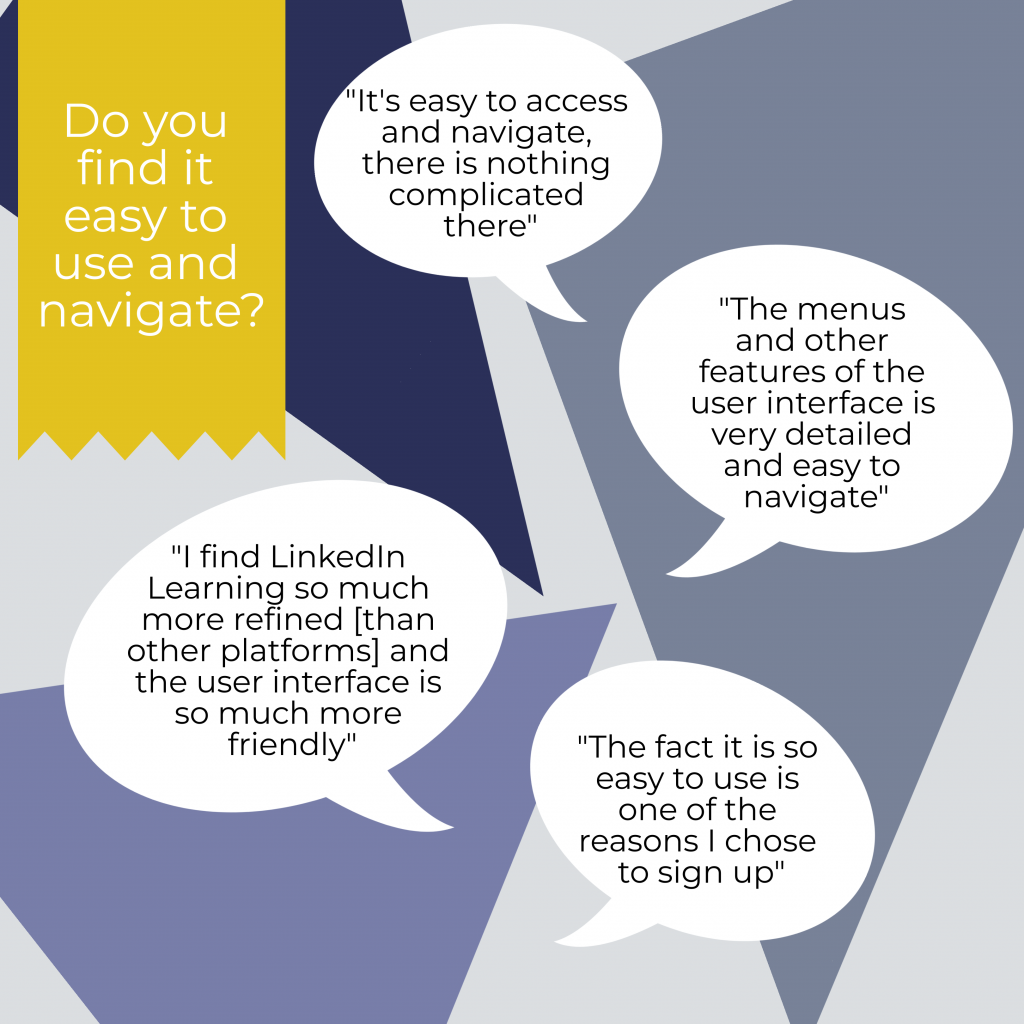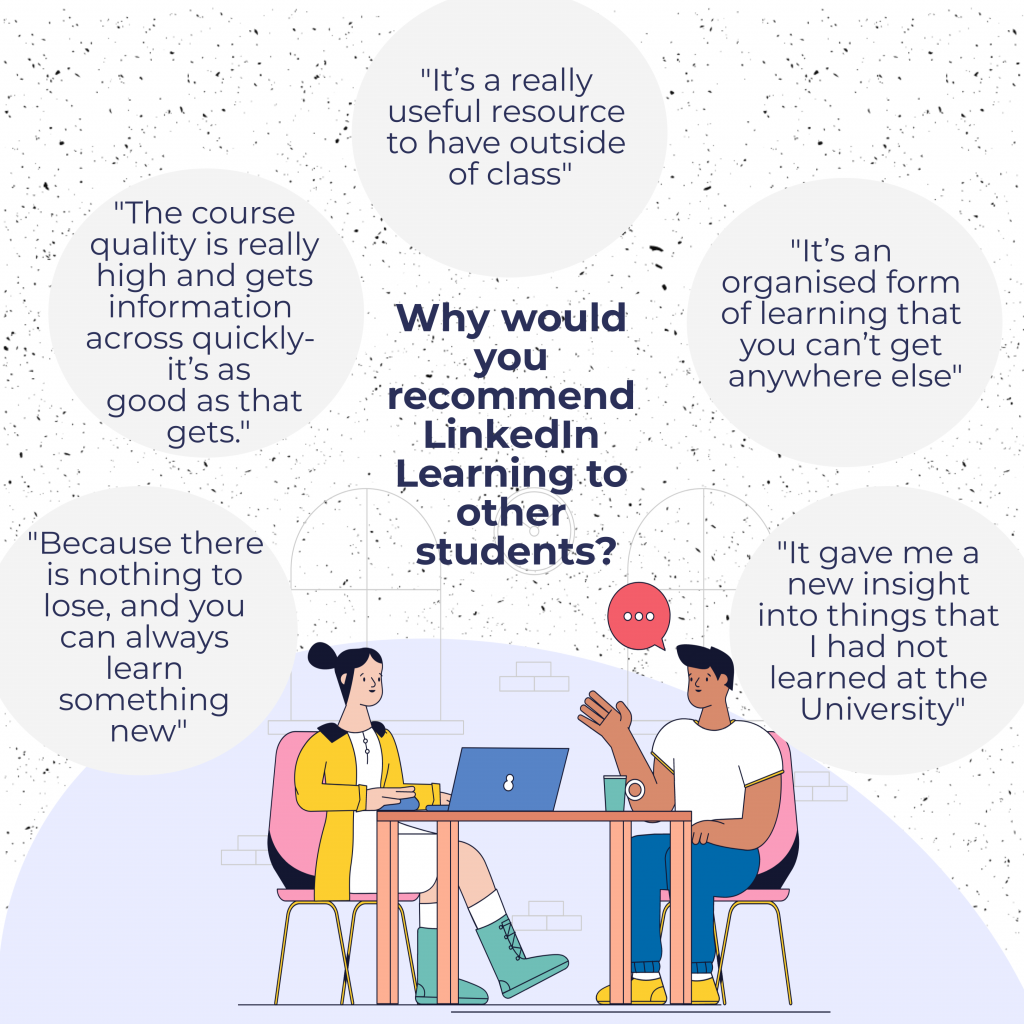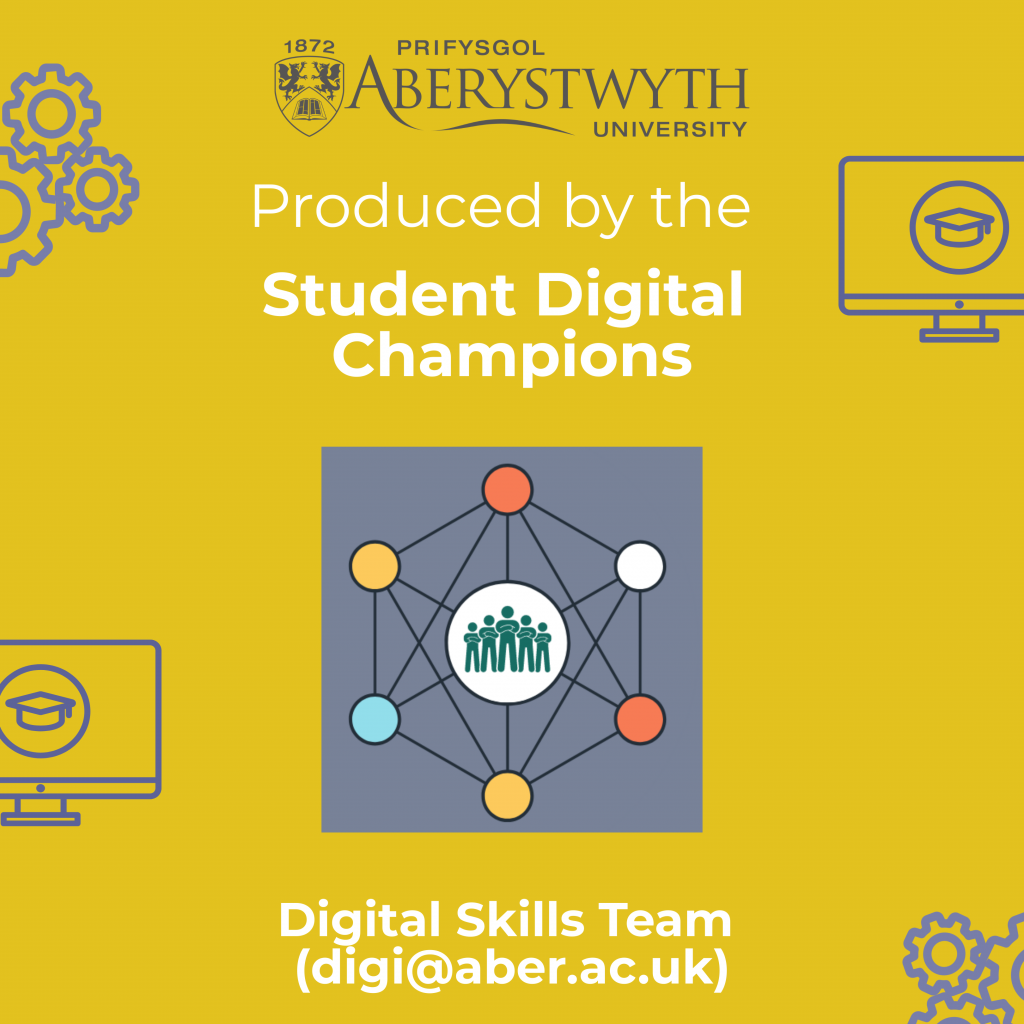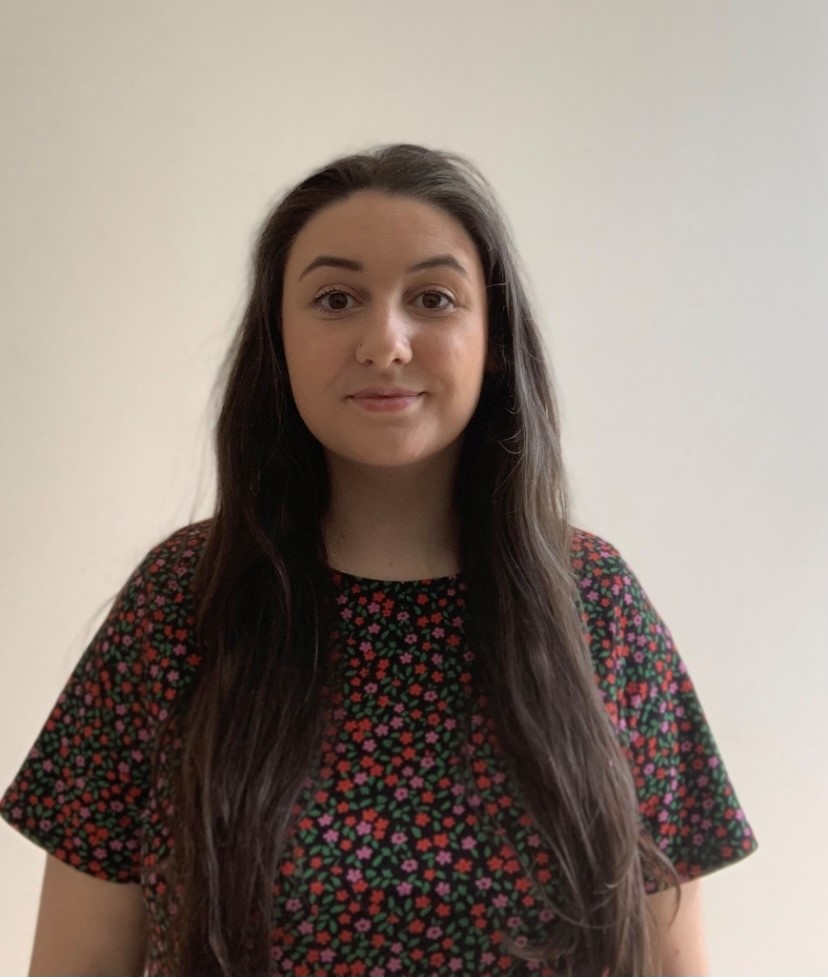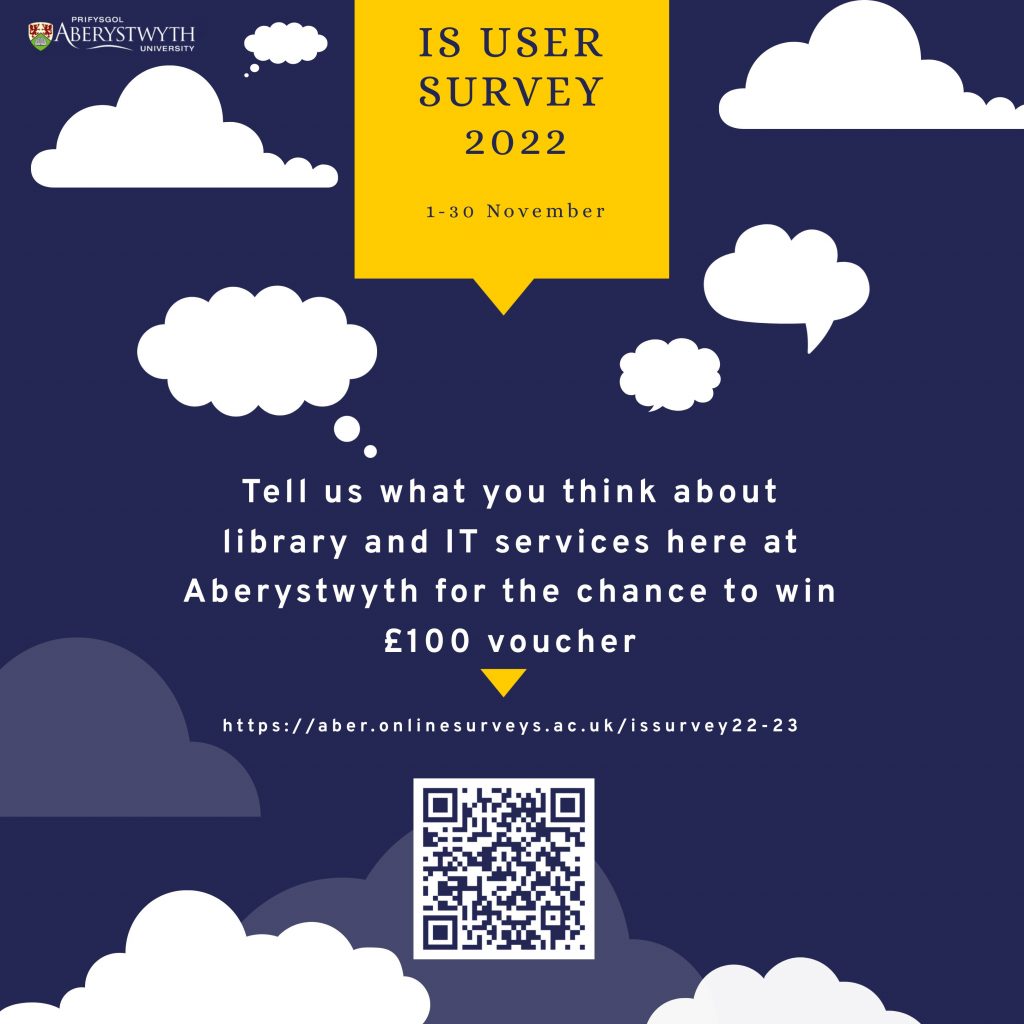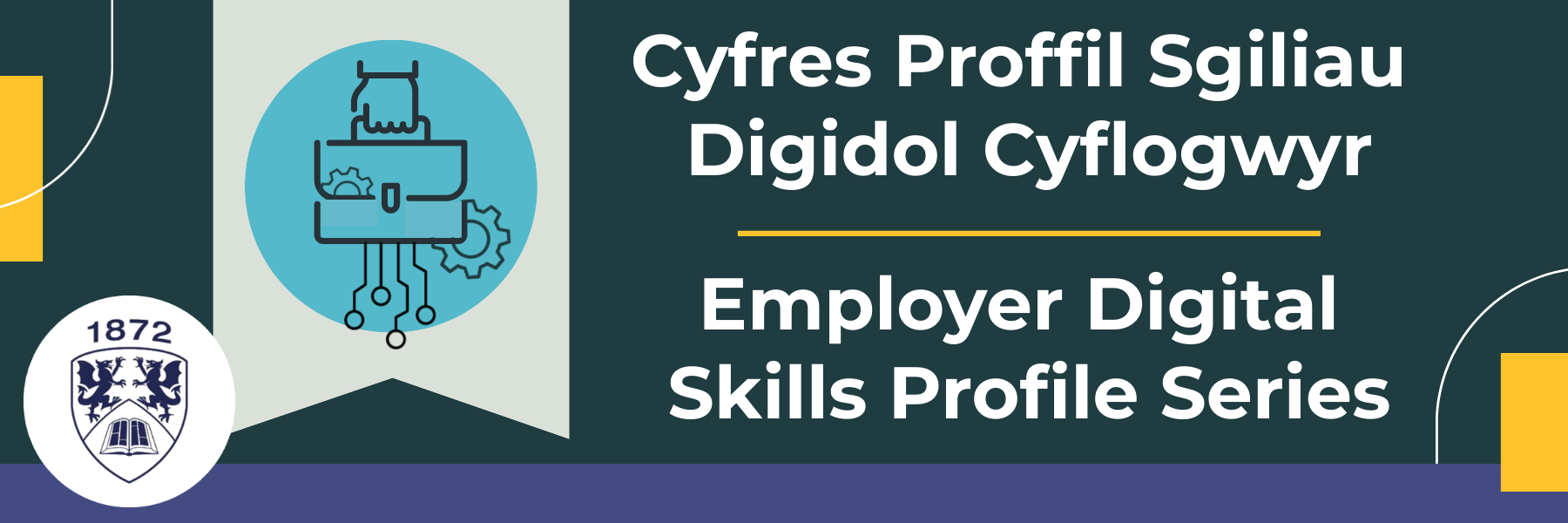
Our sixth Employer Profile is with the estate agency Aled Ellis & Co. based in Aberystwyth. In the profile below, Aled Ellis & Co. state the importance of social media and marketing in their business as well as digital identity. View some resources below to develop these skills.
- Digital Skills Festival 2023: Improving your Digital Footprint and your Online Shadow
- Digital Skills Festival 2023: Digital Marketing with Clicky Media
- LinkedIn Learning: Digital Skills for Work
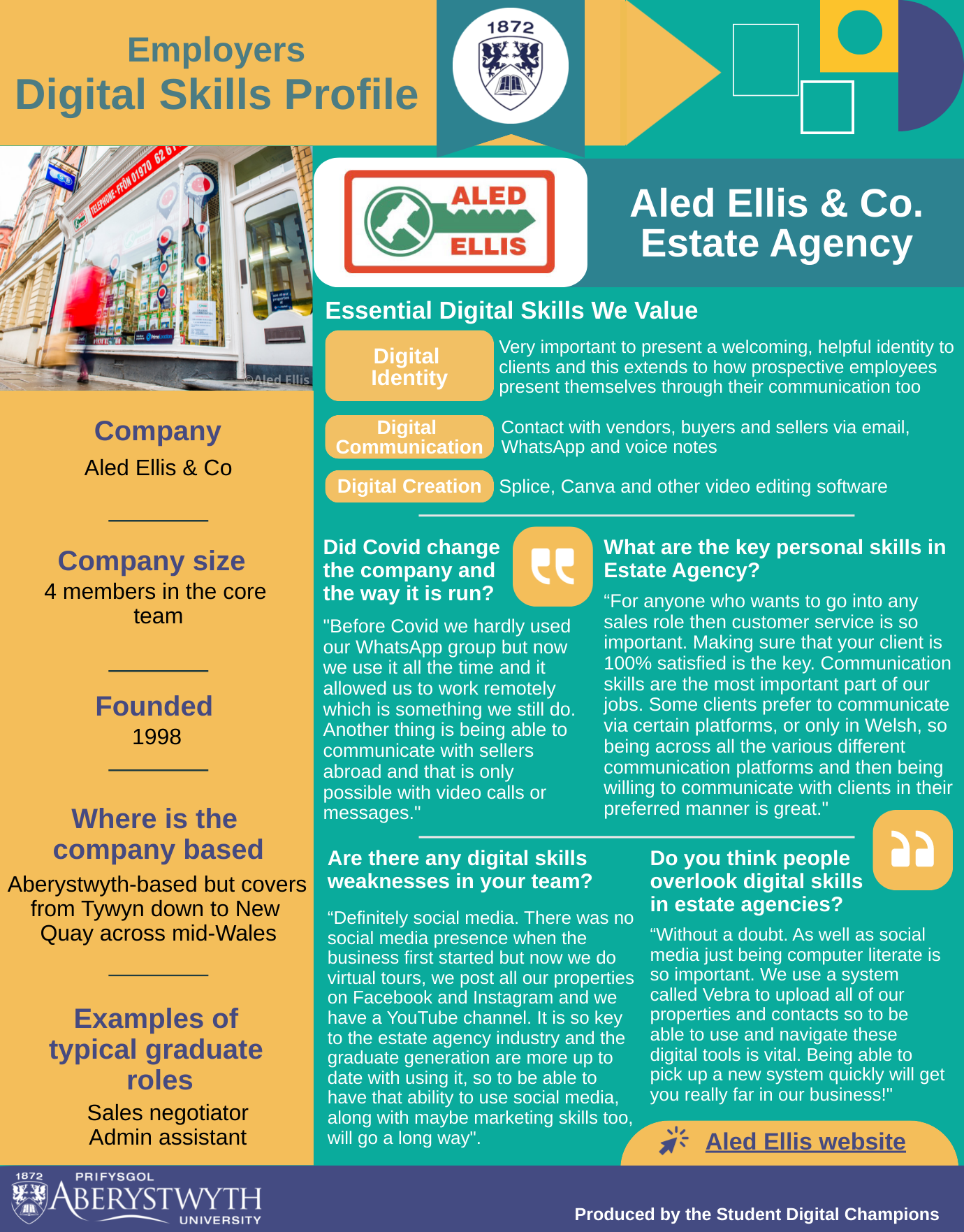
Text Version
Company: Aled Ellis & Co.
Company Size: 4 members in the core team
Founded: 1998
Where is the company based: Aberystwyth-based but covers from Tywyn down to New Quay across mid-Wales
Examples of typical graduate roles:
- Sales negotiator
- Admin assistant
Essential Digital Skills We Value:
Digital Identity – Very important to present a welcoming, helpful identity to clients and this extends to how prospective employees present themselves through their communication.
Digital Communication – Contact with vendors, buyers and sellers via email, WhatsApp and voice notes.
Digital Creation – Splice, Canva and other video editing software.
Did Covid change the company and the way it is run?:
“Before Covid we hardly used our WhatsApp group but now we use it all the time and it allowed us to work remotely which is something we still do. Another thing is being able to communicate with sellers abroad and that is only possible with video calls or messages.”
What are the key personal skills in Estate Agency?:
“For anyone who wants to go into any sales role then customer service is so important. Making sure that your client is 100% satisfied is the key. Communication skills are the most important part of our jobs. Some clients prefer to communicate via certain platforms, or only in Welsh, so being across all various different communication platforms and then being willing to communicate with clients in their preferred manner is great.”
Are there any digital skills weaknesses in your team?:
“Definitely social media. There was no social media presence when the business first started but now we do virtual tours, we post all our properties on Facebook and Instagram ad we have a YouTube channel. It is so key to the estate agency industry and the graduate generation are more up to date with using it, so to be able to have that ability to use social media, along with maybe marketing skills too, will go a long way.”
Do you think people overlook digital skills in estate agencies?:
“Without a doubt. As well as social media just being computer literate is so important. We use a system called Vebra to upload all of our properties and contacts so to be able to use and navigate these digital tools is vital. Being able to pick up a new system quickly will get you really far in our business!”
Produced by the Student Digital Champions



